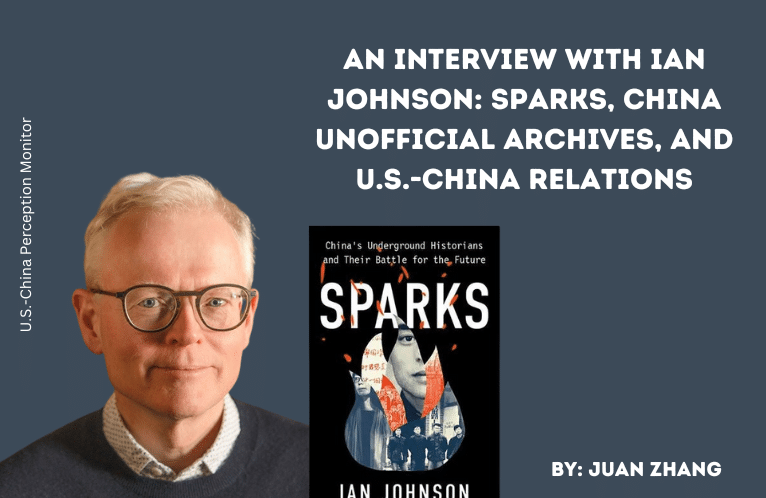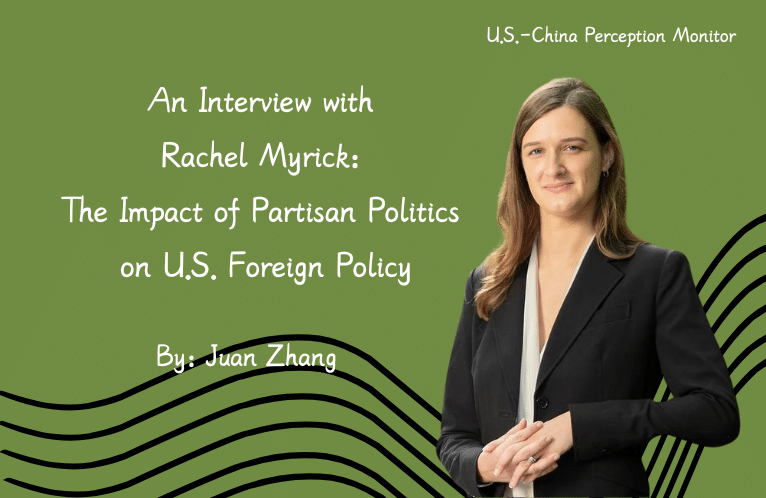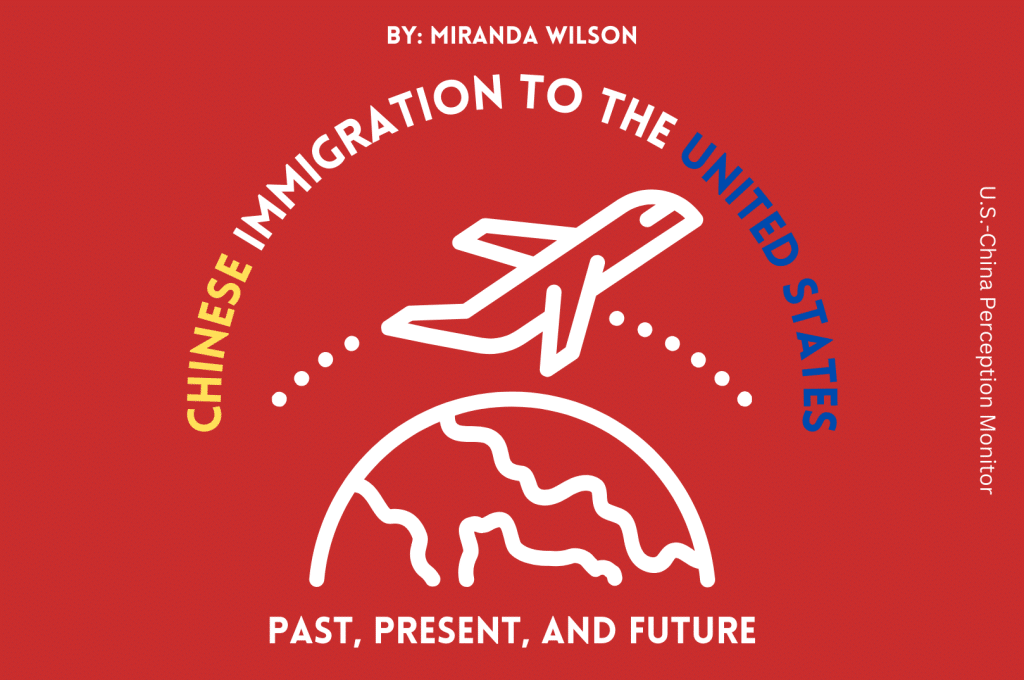When Will China Use Force to Reunite with Taiwan? Hu Xijin Explains His Position
Xi-Trump See Clearly: What Xi Jinping Said To Donald Trump That Changed His Mind On North Korea
By all accounts, President Donald Trump’s meeting with Chinese President Xi Jinping on April 6th and 7th was a resounding success, if for nothing else than the predicted friction and fireworks did not eventuate. Though tentative, progress was made. President Obama’s Security & Economic Dialogue is set to be expanded to incorporate legal and cultural tracks under a reformulated US-China Comprehensive Dialogue. Both sides agreed to develop a 100-day plan to fast-track bilateral trade relations, and Xi invited Trump to visit China.
Perhaps the most drastic and surprising outcome was on the drastic reversal in Trump’s perspective on North Korea’s nuclear ambitions. Prior to the meeting, Trump tweeted that “North Korea has been behaving very badly…China has done little to help!”. Following the meeting though, Trump was much more circumspect. In comments published in the Wall Street Journal, Trump admitted he had assumed that China had “tremendous power” over North Korea, but after speaking with President Xi about Sino-DPRK relations, he “realized it’s not so easy” (The full Wall Street Journal article can be accessed here behind a paywall, or a free summary from The Hill can be read here).
In light of North Korea’s April 15th military parade and its two recent (failed) missile tests, not to mention its existing nuclear capabilities, it seems appropriate to consider these events in the context of wider Sino-DPRK relations. What did President Xi (likely) tell Trump that impressed him so dramatically? How do recent events fit into this? And where does this leave the Trump administration’s North Korea policy?

Despite words to the contrary, Sino-DPRK relations quite often have masked inner disagreement and turmoil, limiting the influence that China has over the nation. Stretching back to the Korean War (1950-1953), China provided significant military assistance to its North Korean ally, reciprocating the support that Kim Il-sung, then leader of North Korea, provided in China’s own war against Japan in the late 1930s. However, relations between the two countries would be tested in the mid-1950s as Kim Il-sung consolidated his position in North Korean politics with the removal of numerous China-friendly members of the Worker’s Party of Korea (WPK, the current ruling political party of North Korea) who had criticised what they perceived as Kim’s growing cult of personality. Consequently, holdover Chinese troops were withdrawn from the Korean Peninsula and Pyongyang established itself as more independent from China. This was exemplified in the 1961 Sino-DPRK Mutual Aid and Friendship Cooperation Treaty, which presented the DPRK as an equal to China.
Following this, the Sino-Soviet split in the 1960s over the direction of global Communism allowed the DPRK to extract more concessions from the two Communist heavyweights for its own benefit, firstly with China (during the USSR’s de-Stalinisation campaign) and then with the USSR (during the Chinese Cultural Revolution). With an increasingly hostile Soviet Union on its border, China also began to see North Korea as a crucial ally.
Ideological divides grew between the DPRK and China in the 1970s and 1980s, as China refused to offer support for DPRK calls to unify the Korean Peninsula following Communist military victories in South-East Asia (in Vietnam and Cambodia). In addition, China began to reform its economy under Deng Xiaoping. Stronger relations with South Korea, too, were sought and eventually normalised in 1992. Whereas North Korea wished to adhere to its ideological roots, China was more willing to accept the stability of the status quo and begin integrating itself into global affairs, much to its benefit. Moreover, any personal rapport that was established between leaders was by now lost as younger generations began to replace the first generation of leaders.

At this point, any political or ideological affinity that China once shared with the DPRK had since been largely curtailed, along with any leverage or influence it might have held as a result. Nevertheless, with the collapse of the Soviet Union in 1991, China became DPRK’s primary economic support, providing crucial aid to North Korea as it grappled with natural disasters and widespread famine in the 1990s.
Currently, Sino-DPRK relations are strained by the North’s continued development of nuclear weapons and missile technology, as well as China’s gradual alignment with the positions of the international community on North Korea. China would prefer a more stable and denuclearised Korean Peninsula, but is unwilling to wield its economic leverage too forcefully lest it jeopardise further the relationship with its erstwhile ally and set in motion a raft of unintended and undesirable consequences (see here for an overview of China’s predicament).
Herein lies China’s conundrum and most likely the crux of what was explained to Trump. Although the Sino-DPRK relationship is often camped in rosy rhetoric, it belies a reality in which both sides are increasingly dissatisfied with the other and China actions are constrained by its own conflicting priorities on the Peninsula. It agrees with the US objective of a denuclearised Korean Peninsula, but disagrees on how to achieve it. Whereas the US and Donald Trump have signalled they are more willing to use forceful and coercive methods to achieve their aims, the Chinese have traditionally been more amenable to a diplomatic solution, as exemplified by their convening of the Six Party Talks.

Thus, the most recent missile launches are likely to only further strain China’s relationship with North Korea and further limit the options available to the Chinese on mitigating the fallout with its neighbour. Indeed, the decision in February to ban all coal imports from North Korea is suggestive of the growing impatience with the North’s continued belligerence. As the DPRK moves closer to establishing functioning nuclear missiles, the calls for more concerted and coercive action will grow, making it more difficult for China to remain committed to its preferred strategy of diplomacy and negotiation.
It would appear as though Trump has begun to appreciate some of the complexities within which China finds itself. Trump’s usually blustery comments have been tempered somewhat post-summit. In an April 28 tweet following North Korea’s failed missile test, he acknowledged China’s opposition to a nuclear North Korea by remarking that “North Korea had disrespected the wishes of China”. Earlier, he commented that “[China is] working with us [the US] on the North Korean problem”, noting too that “China is very much the economic lifeline to North Korea”, and that “nothing is easy”, albeit with qualifications. Indeed, with the decision to eventually send US naval ships to the Sea of Japan, the Trump administration appeared to contradict the President’s apparent change of heart with the manoeuvre.

So where does this leave Trump and his administration? Regardless of how he proposes to achieve the denuclearisation of the Korean Peninsula, he will have to weigh North Korea’s growing nuclear threat against the options available. On the one hand, in applying coercive and possibly military pressure, he must contend with the possibility of conflict on the Korean Peninsula and the surrounding region. This would likely curtail North Korea’s nuclear ambitions but would also lead to the loss of many lives. It would also be difficult to predict the aftermath of such a course of action and what, for example, would become of the North’s nuclear weapons and facilities and the state of North Korea. Would it be reunified with South Korea in something akin to the reunification of Germany? If so, under whose leadership would this new state be: Seoul or Pyongyang? How would China and other regional states respond to this?
On the other hand, in pursuing a diplomatic approach, he would likely avoid the mass casualties that a full-scale conflict would entail but would have to be prepared for the possibility that negotiations fail and the North continues to develop its weapons program. In pursuing this approach, he would have to consider what it is that he could offer North Korea in return for their denuclearisation, the positions of other concerned stakeholders, and, similarly, what he is willing and unwilling to compromise on. Would sanctions relief suffice, or perhaps a peace treaty with the US and South Korea? North Korea has proven remarkably resilient in spite of the former (helped admittedly with Chinese humanitarian assistance), and the latter has been a regular request of the DPRK regime but has been refused by previous administrations until verifiable denuclearisation has occurred. Would something similar to the 2015 agreement with Iran be feasible? Trump himself has criticised this agreement, yet given his reversals on other positions, he may at least be open to considering this. Regardless of which diplomatic approach he chooses, he will have to offer enough incentive for the North to abandon its nuclear program, which from their perspective is the only thing guaranteeing their security.
Much like the Chinese, then, this leaves Trump in the unenviable position of having to decide between a few unideal options. If nothing else, it is crucial that he communicate clearly and liaise frequently with relevant stakeholders to ensure there are no accidental or disproportionate responses from misinterpreted policies, remain open to the merits and deficiencies of all possibilities and the concerns of other stakeholders, and refrain from making rash and needlessly provocative statements which will only heighten suspicion and inflame tensions. If Trump really has been impressed by the gravity of Xi’s remarks in Mar-a-Lago, then he would do well to comport himself similarly in the face of this complex and looming global challenge.
By JUSTIN ELLIOTT MAY. 5, 2017
Justin Elliott is a Spring 2017 intern at The Carter Center China Program.
A significant proportion of the research conducted for this article was drawn from the following two sources. For further reading on the Sino-DPRK relationship, see this special report from The Woodrow Wilson International Center for Scholars Asia Program and this Council of Foreign Relations Backgrounder by Eleanor Albert. See also this informative account of the Chinese perspective on the Korean nuclear issue written by Fu Ying for The Brookings Institution entitled The Korean nuclear issue: Past, present, and future.









